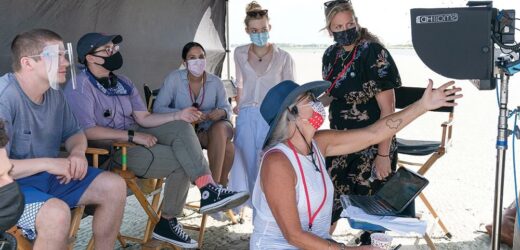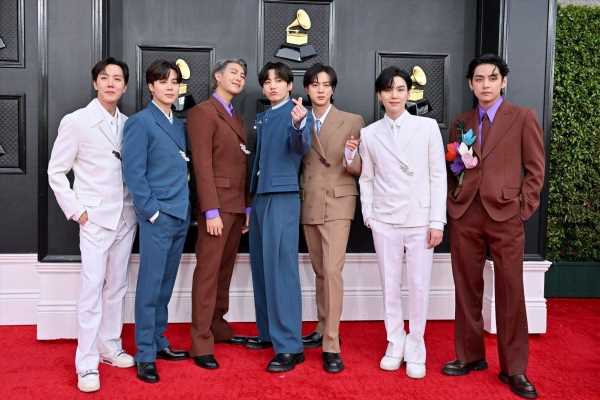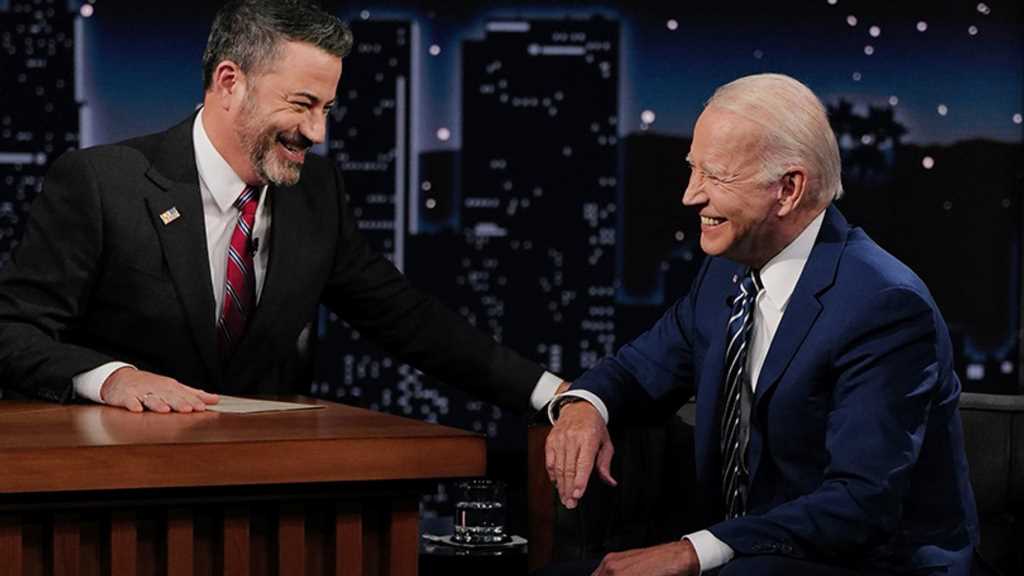It’s easy to mock Peak TV for just the sheer amount of content out there these days. And for those of us who cover the business, it sometimes feels like we’re drowning in it. (No, this isn’t a cry for help. But help.) There are benefits to this content surge, though: Creators can finally tell so many stories from so many different communities, and also tell them accurately.
I recently wrote a story, timed to Asian American and Pacific Islander Heritage Month, about “Fresh off the Boat” executive producers Melvin Mar and Jake Kasdan’s growing roster of projects spotlighting different elements of the vast AAPI experience for multiple networks and streamers. That’s a positive development in this expansive world of limitless distribution.
May also happens to be Mental Health Awareness Month, and I have been genuinely impressed with how television has evolved in how it depicts the intricacies of mental health issues. I’m still thinking about how Marvel’s “WandaVision” on Disney+ tackled grief in such an interesting way; the streamer’s “Moon Knight” recently did the same.
Meanwhile, the trend toward more true crime and scandal series has also provided an entryway for shows to more deeply explore the inner workings of some of these characters, especially the ones based on real people, and understand some of the factors that go into their actions. I recently spoke to “The Girl From Plainville” co-creator Liz Hannah about walking that fine line between writing an entertaining program about real people while also exploring tough subjects like mental health.
“The conversation on mental health is something really important to me,” says Hannah, who previously worked with “Plainville” star Elle Fanning on “All the Bright Places,” a Netflix film that also dealt with these subjects. “It’s something that I’ve been personally touched by, be it dealing with depression myself and dealing with various mental health journeys [of] my family and friends. It’s something that has been so stigmatized in just personal lives, and then not seeing it expressed in the media is very isolating. Not seeing a well rounded or a full depiction of it is something that can make you feel very unseen. So I feel an enormous amount of responsibility in tackling that subject matter.”
“The Girl From Plainville” is based on the true story of the death by suicide of teenager Conrad Roy, and how his girlfriend, Michelle Carter, had encouraged him to do so in text messages and was convicted of involuntary manslaughter.
“I knew the media’s depiction of it in terms of the tabloid articles about Michelle as a ‘black widow,’ and that she was a manipulator, and all of these, I think, very surface-level conversations/headlines,” Hannah says.
After signing on to the project, she dove deeper into the story: “If you read these text messages, if you watch the documentary, read the court transcripts and watch all the court footage, there’s a much more disturbing and real and complicated conversation to be had — about mental health in all of us, mental health in teenagers,” she says. “Our goalposts were not sensationalizing anything. And to present in a straightforward way, this is how we as humans deal with each other, and this is the tragic story of how this happened for the two of them. The idea of having a character in Michelle who’s so opaque, so interior, to try and unpack that in some way, with a three dimensional depiction, felt like a challenge worth taking on.”
The writers consulted with the American Foundation for Suicide Prevention and the National Eating Disorder Assn. for help with their depictions of the teens. Given how series in the past that have examined suicide have been criticized for not handling those storylines properly, Hannah says that “making sure that we were being checked every step of the way was extremely important.”
Mistakes will still happen, she adds, but there has been a value in learning from those missteps. Says Hannah: “I’m excited for people to feel seen by what’s on television and on movie screens.”
[Photo: Executive producer Liz Hannah (seated, with baseball cap) watches playback from an episode of “The Girl From Plainville.”]
Source: Read Full Article



